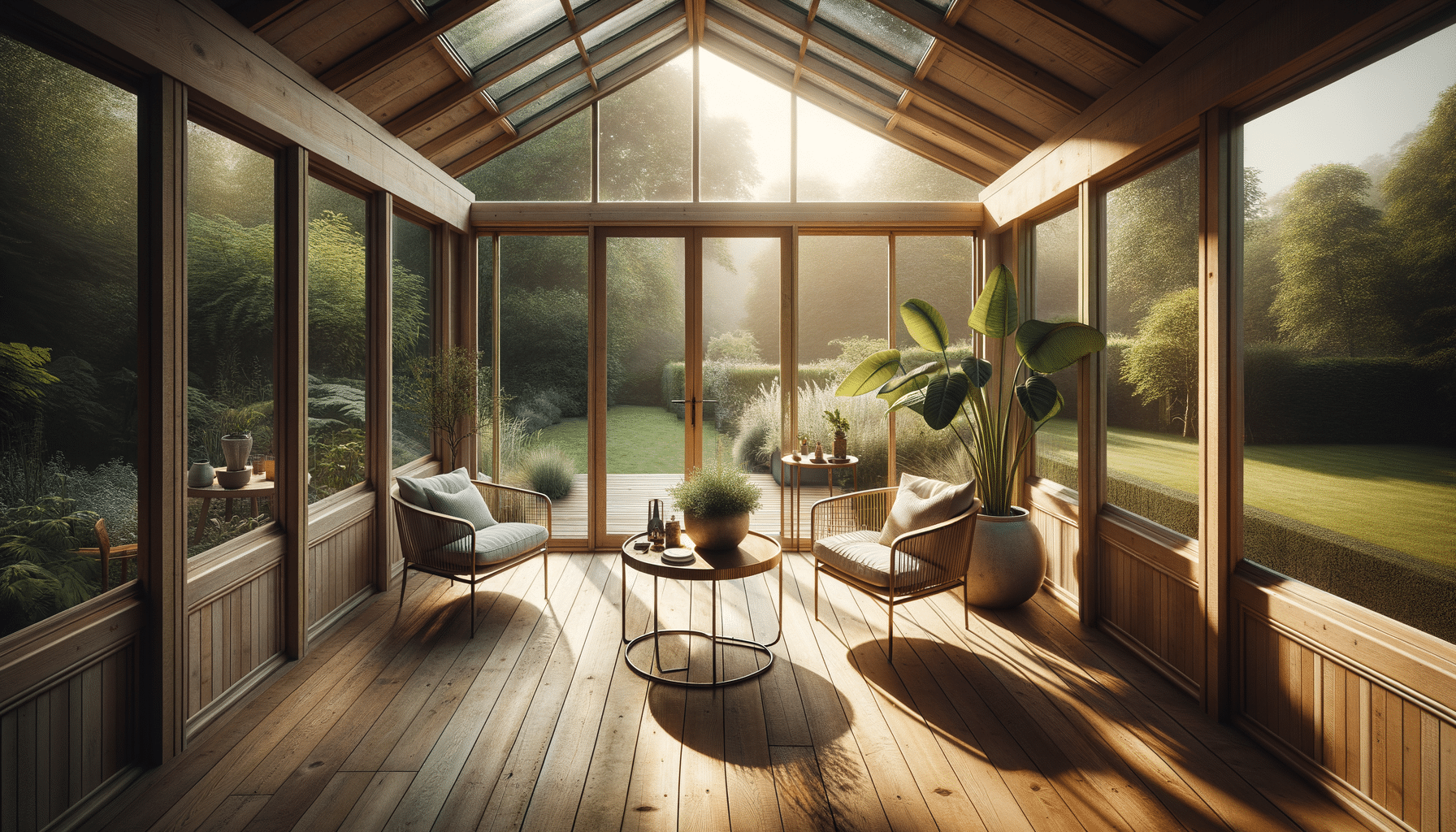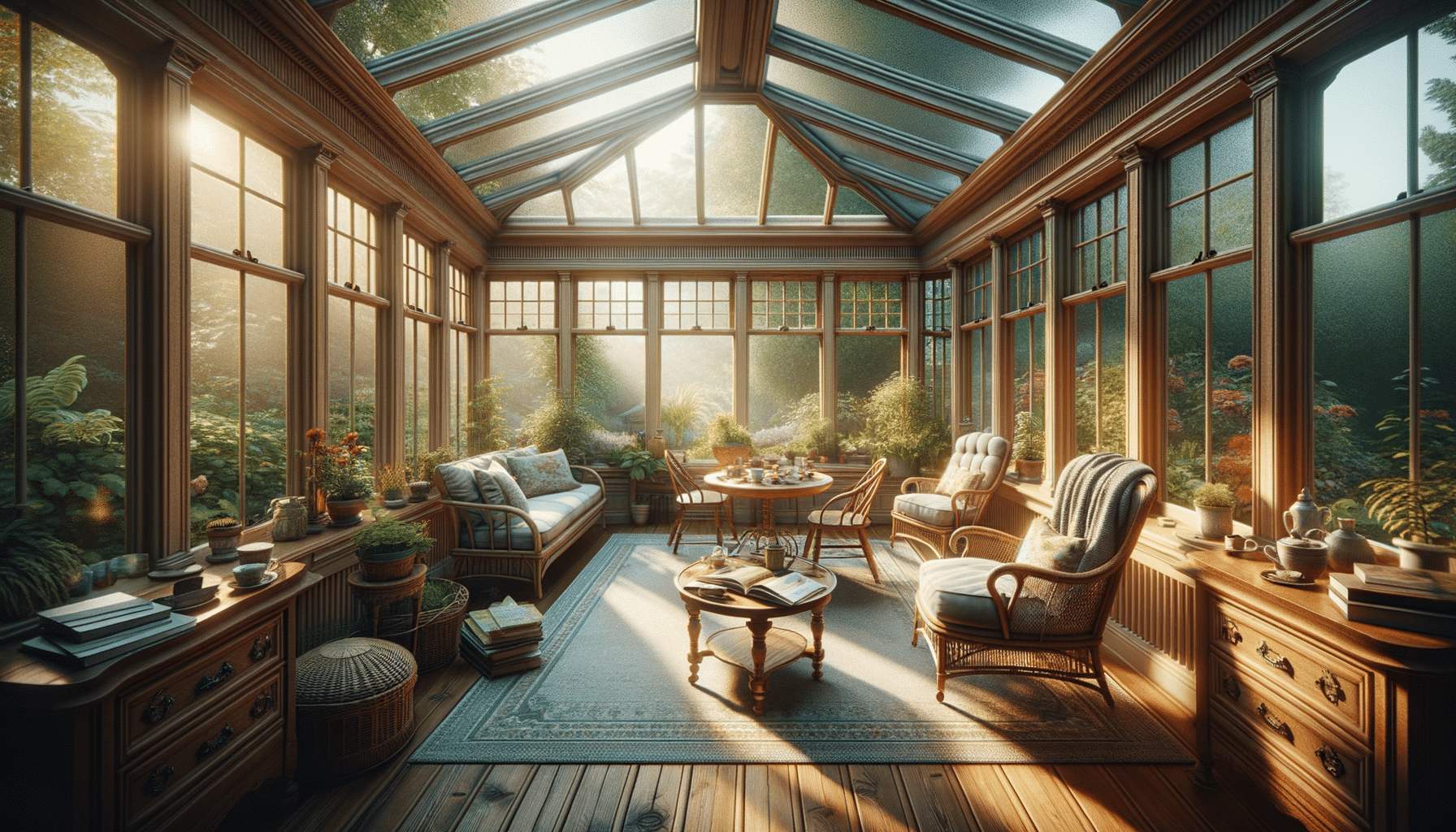
The Return of Vintage: Retro Interior Styles Making a Comeback
As nostalgia sweeps through the corridors of design, vintage interior styles are experiencing a revival, capturing the hearts of those who appreciate the charm and character of bygone eras.
Revisiting Retro: A Nostalgic Revival
In recent years, the allure of vintage interiors has surged, with more homeowners and designers embracing retro elements in their spaces. According to a report by the American Society of Interior Designers, there has been a 20% increase in the adoption of vintage styles in the past five years. This trend taps into a desire for authenticity and individuality in home decor.
Expert Opinions on Vintage Styles
Interior design expert Emily Henderson notes, “Vintage styles bring a unique personality to a space. They tell stories and create a warm, lived-in atmosphere that modern designs often lack.” Henderson’s insights reflect a growing appreciation for the stories that vintage pieces can tell.
Why Vintage? The Appeal of Retro Charm
The appeal of vintage styles lies in their timelessness and versatility. From mid-century modern to art deco, these styles offer a plethora of design options. A survey by Houzz revealed that 60% of homeowners incorporate vintage elements to add character and warmth to their homes.
Personal Touch: Bringing Vintage Home
When Jane, a design enthusiast from Chicago, decided to redecorate her living room, she turned to vintage pieces. “I love the history and craftsmanship of older furniture,” she shares. Jane’s choice of a 1960s teak sideboard became the focal point of her living room, bringing both functionality and style.
How to Integrate Vintage Styles
- Mix and match: Combine vintage pieces with modern elements for a balanced look.
- Repurpose: Give old items new life, like turning an antique trunk into a coffee table.
- Focus on quality: Choose well-made vintage items that have stood the test of time.
Pro Tip: When sourcing vintage items, visit local flea markets or online platforms dedicated to second-hand goods to find unique pieces that fit your style.
Comparison of Vintage Styles
| Style | Era | Characteristics | Common Materials |
|---|---|---|---|
| Mid-Century Modern | 1945-1965 | Clean lines, organic shapes | Teak, leather |
| Art Deco | 1920s-1930s | Luxurious, geometric patterns | Marble, brass |
| Victorian | 1837-1901 | Ornate, decorative | Mahogany, velvet |
| Industrial | Late 19th century | Raw, utilitarian | Metal, wood |
| Bohemian | 1960s-1970s | Eclectic, free-spirited | Rattan, textiles |
Frequently Asked Questions
How can I start incorporating vintage styles in my home?
Begin by selecting a few key vintage pieces that resonate with you and build your room around them.
Are vintage styles expensive to implement?
Not necessarily. With thrifting and online second-hand platforms, it’s possible to find affordable vintage items.
Conclusion
As vintage styles continue to make a comeback, they offer a unique opportunity to blend the past with the present, creating spaces that are both stylish and meaningful. Whether you’re a seasoned collector or a curious beginner, embracing vintage elements can transform your home into a haven of charm and character.


